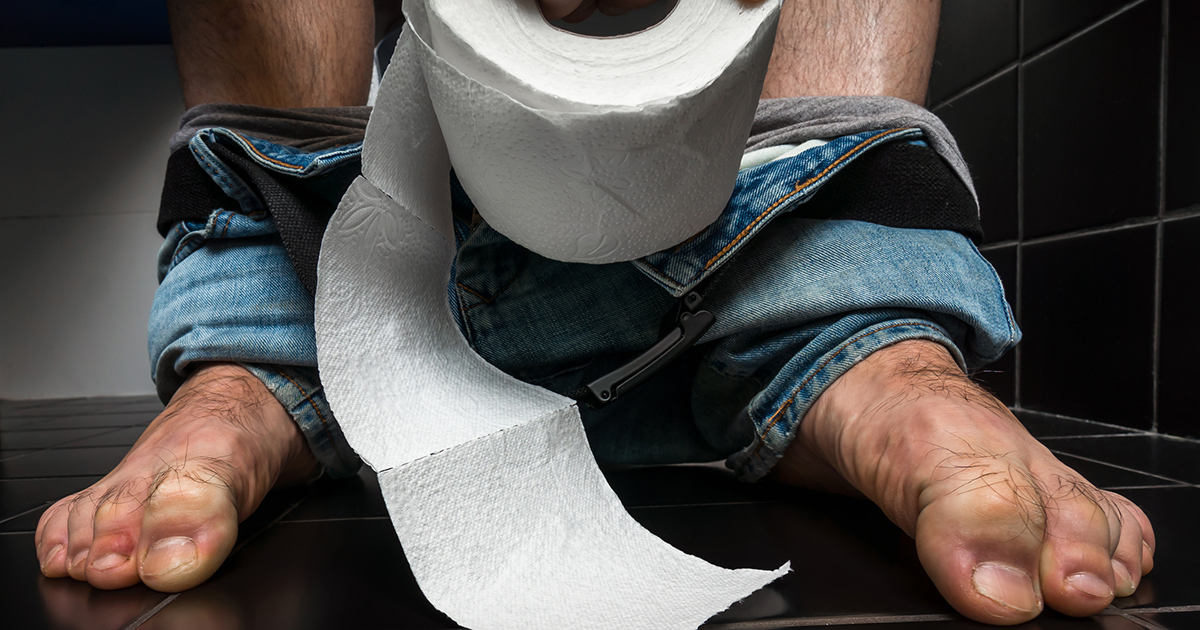Health Risks Associated With Using Laxatives
Laxative administration is one of the most common methods for treating gastrointestinal issues in the western world. They work by stimulating the bowels to evacuate. Laxatives are especially useful in cases of constipation, the inability to have a bowel movement over extended periods. There are several mechanisms of action among different types of laxatives. There are six different types of laxatives sold today. Three of the most common are bulk-forming laxatives, which add volume to the stool; lubricant laxatives, which coat the stool to make it more slippery and easier to evacuate; and stool softeners, which increase the amount of water in the stool to make it pass smoothly. Most laxatives are available over-the-counter. Usually, laxatives work safely and effectively. However, they occasionally cause uncomfortable side effects.
Bloating

Bloating is the appearance or sensation of swelling in the stomach, especially after meals. Most commercially available laxatives list this as one of the most common side effects of the products. This is usually caused by stomach muscles moving incorrectly or by too much gas in the stomach. Laxatives can also cause the body to become bloated by dehydrating it, using the body's supply of water to lubricate and loosen stools. In response, the body attempts to retain as much water as possible to conserve its stores. As a result, many parts of the body, including the belly, hands, feet, or face can appear swollen. If this condition continues for several days, seek medical attention.
Excessive Gas

Everybody experiences flatulence. On average, individuals expel gas over a dozen times a day. In some cases, though, excessive gas can become disruptive. By trapping gas in the intestines, laxatives force gas through the digestive system and are ultimately released through the anus. Many factors affect the frequency of flatulence, such as psychological state, aging, diet, and even swallowing air. Laxatives, which stimulate the activity of the bowels, can also increase the amount of gas released. Interactions with other drugs can sometimes work to increase gas. Always stay informed on interactions between laxatives and other medications to avoid negative side effects. Gas emissions usually return to normal after cessation.
Diarrhea

As the adage goes, too much of anything is harmful. While laxatives are effective in the promotion of healthy bowel movements when constipation occurs, they can also cause excessive activity in the bowels, especially when overused. Caution should be exercised not to take too high a quantity of laxatives. Controlling the dosage of laxatives is especially crucial for individuals who suffer from irritable bowel syndrome (IBS). In patients with IBS, even small changes to the function of the intestines can cause liquid excrement. In cases of laxative abuse, in which an individual routinely takes high quantities of laxatives, chronic diarrhea, and other serious health issues are a major concern. Patients should always listen to their healthcare provider and read the instructions to ensure they are taking the correct dosage.
Discolored Urine

For physicians examining patients, the coloration of urine can shed light on their health status. Urochrome is the pigment responsible for the yellow color in urine. In normal situations, urine should be light yellow to medium yellow, which indicates the body is well-hydrated. Darker urine, such as amber, can often indicate dehydration or other issues. Laxatives in high doses or over extended periods can negatively alter the body's supply of electrolytes. Since laxatives can use a tremendous amount of water when they are working in the intestines, one of the best ways to prevent discolored urine from laxatives is to sustain adequate levels of hydration. Potassium, sodium, and magnesium are the body's electrolytes, which must be maintained in proper ratios for the body's natural processes to function properly. An electrolyte imbalance can cause a host of health problems, including discolored urine.
Dehydration

Most of the health issues caused by too many laxatives are related to hydration or the lack thereof. The human body is made overwhelmingly of water. In fact, over sixty percent of an individual's body weight is water. Water is necessary for virtually every process in the body. Without it, health issues and even emergency situations can emerge. Failure to take in enough fluids can have severe consequences. As mentioned previously, maintaining optimal hydration is extremely important when taking laxatives. Individuals taking laxatives on a regular basis should be especially careful to prevent dehydration. Laxatives are a short-term solution and are never intended for long-term use. In cases of chronic constipation, the underlying cause must be addressed for the issue to resolve.
